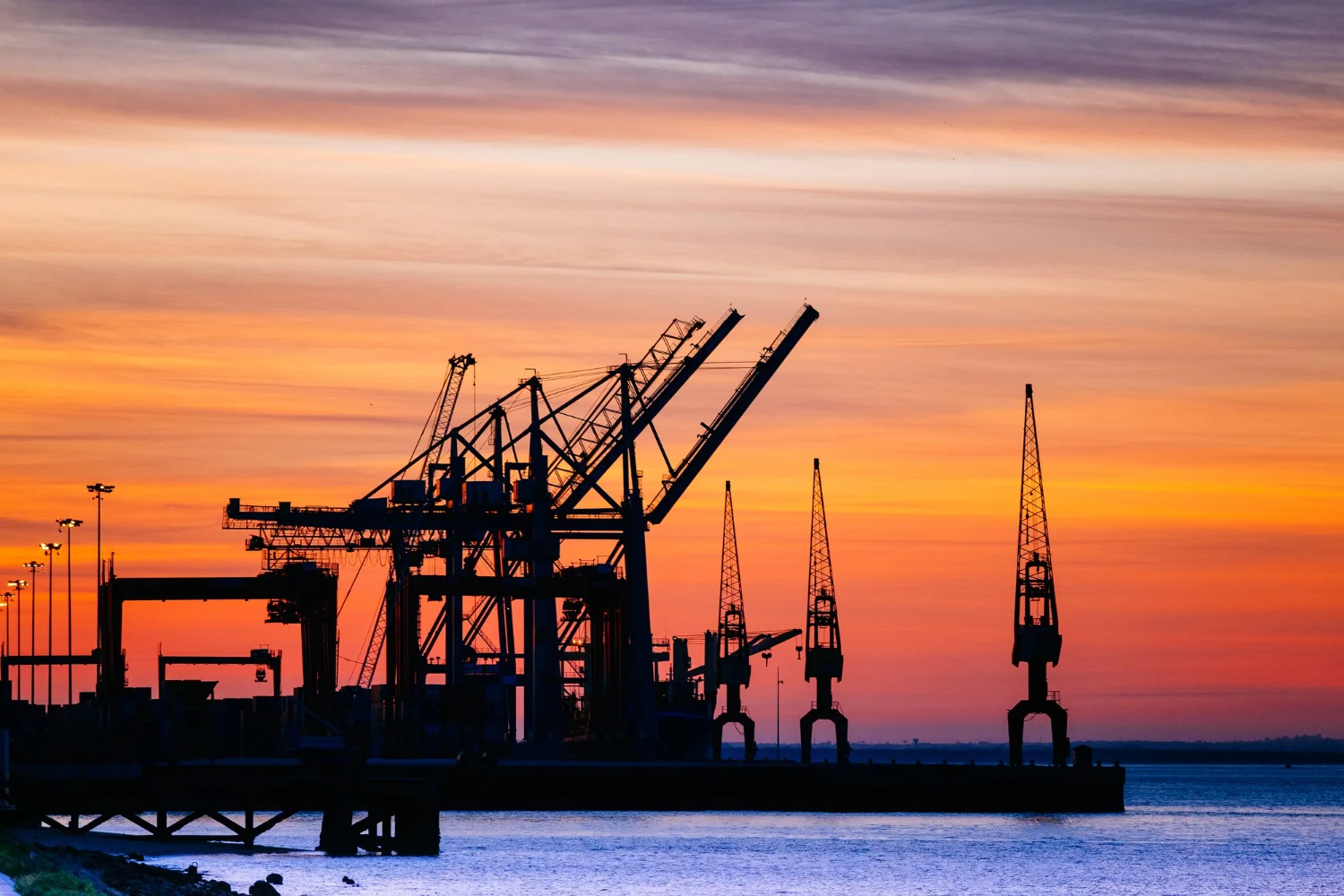In today’s interconnected economy, businesses must think beyond borders. Whether it’s a startup seeking global investors or a multinational looking to optimize its structure, offshore jurisdictions have become powerful tools for modern enterprises. Done responsibly, they enable tax efficiency, stronger compliance, and global market access. Done poorly, they invite risk and scrutiny.
This is where strategic guidance matters. Firms like ENCOR help businesses align their structures with evolving international regulations, ensuring every entity is not only efficient but also future-proof.
Why Offshore Jurisdictions Still Matter
Contrary to the outdated view that offshore is simply about hiding profits, today’s jurisdictions play a legitimate and vital role in global business. They allow companies to:
- Enhance tax efficiency: Jurisdictions like the British Virgin Islands (BVI), Cayman Islands, and Mauritius offer low or zero corporate tax on non-resident income, provided substance rules are met.
- Safeguard assets: By separating personal assets from corporate holdings, businesses create a shield against litigation or operational risks.
- Facilitate investment flows: Offshore entities often serve as holding companies, making it easier to attract global investors, manage cross-border ventures, and simplify exit strategies.
It’s not just about tax; it’s about positioning the business in a way that inspires investor confidence while meeting legal obligations.

The Global Shift: Compliance and Substance
A decade ago, an offshore company could be set up with little more than a mailbox. Those days are gone.
Today, economic substance requirements demand that offshore companies demonstrate genuine activity, whether through local offices, directors, or decision-making functions. Beneficial ownership registers are increasingly public, and global frameworks like the OECD’s Base Erosion and Profit Shifting (BEPS) rules and the Common Reporting Standard (CRS) ensure that regulators exchange information to combat abuse.
This shift means offshore incorporation is no longer about avoidance, but about transparent structuring. Businesses that align with these changes gain credibility, while those that ignore them face penalties and reputational damage.
Popular Offshore Jurisdictions in 2025
Each jurisdiction offers unique advantages, depending on business goals:
- Hong Kong: Gateway to Mainland China with a competitive tax regime (profits tax capped at 16.5%, two-tier system). No VAT, withholding tax, or capital gains tax makes it a favorite for Asia-focused firms.
- Singapore: Known for regulatory clarity, strong governance, and competitive taxes (17% corporate, 9% GST). Global investors see Singapore entities as reliable HQ structures.
- Dubai, UAE: With a 9% corporate tax above AED 375,000 and 0% for qualifying free zone entities, Dubai is an increasingly attractive hub for multinationals, family offices, and regional HQs. Its Golden Visa and world-class infrastructure further strengthen its appeal.
- BVI & Cayman Islands: Still leading for holding and investment vehicles, particularly in funds and private wealth management, though subject to strict substance and compliance checks.
- Mauritius: Growing as a bridge between Asia and Africa, offering tax treaties and investor protection agreements that support cross-border trade.
The Modern Business Advantage
A well-structured offshore presence helps companies:
- Expand into new markets with confidence.
- Reduce tax exposure legally and responsibly.
- Simplify cross-border mergers and acquisitions.
- Attract and retain global investors.
- Build resilience against regulatory or political shocks.
But structure without compliance is fragile. That’s why businesses increasingly turn to expert advisors who understand both the opportunities and the risks.
ENCOR’s Approach: Structure Without Borders
At ENCOR, every offshore setup passes through a red-line compliance check—no shortcuts, no missteps. The process ensures:
- Jurisdictional clarity: Helping clients choose the right base—Hong Kong, Singapore, Dubai, or beyond.
- Tax compliance: Aligning structures with local and global requirements to protect against exposure.
- Banking strategy: Partnering with trusted banks to avoid the all-too-common hurdle of blocked accounts.
- Future-proofing: Ensuring structures meet today’s substance rules and tomorrow’s global standards.
The result isn’t just incorporation. It’s a framework that supports growth, credibility, and global reach.
Final Thoughts
Offshore jurisdictions, when structured responsibly, empower businesses to thrive in an era where agility, transparency, and global access matter most. With partners like ENCOR, companies can expand across borders with confidence, knowing that every step, from compliance to incorporation, is aligned with global best practices.
Disclaimer: The information provided in this article is for general informational purposes only and does not constitute legal, tax, or financial advice. Regulations vary by jurisdiction and may change. Businesses should seek professional guidance before making any structuring or investment decisions.
